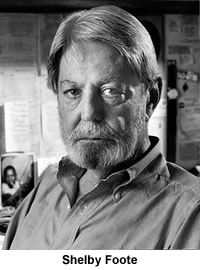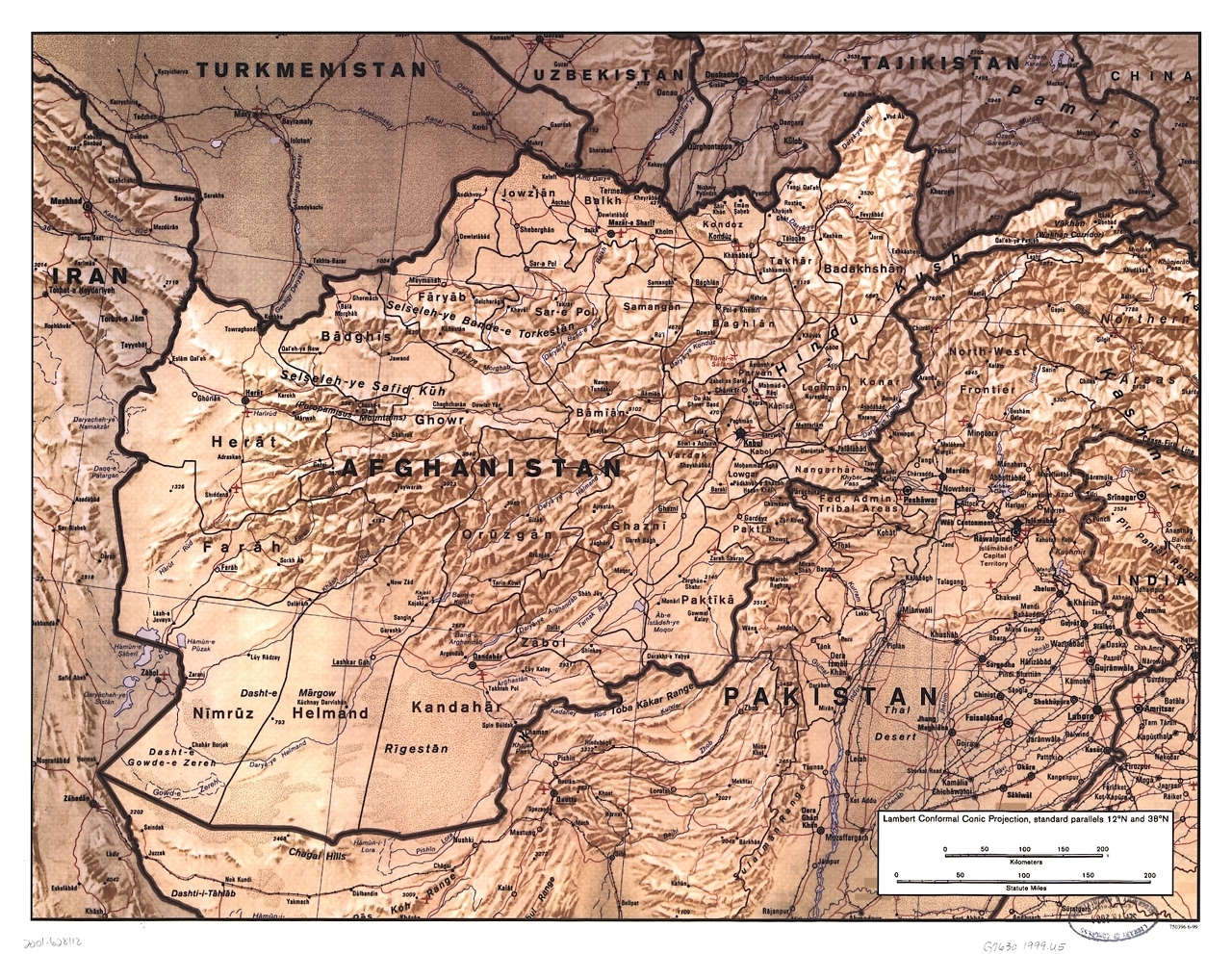Entirely His Own Man
As a teenager, Hampton Sides wanted to be a rock star, and his band practiced in the same house where Shelby Foote was writing his magnum opus
Shelby Foote was the first writer I ever met, and the only writer I ever personally knew until I left my hometown of Memphis and went off to college. And so my image of what a writer was supposed to look like, sound like, and smell like, came first and foremost from him.
His son Huger—then nicknamed Hugie—and I were in a rock band together. We used make such a racket that Shelby would often bang on Hugie’s door and implore us to silence our musical weapons. He was deep into his Civil War trilogy then, and didn’t appreciate the interruptions of wah-wah pedals or Hendrix-inspired feedback.
As anyone who saw him on the Ken Burns Civil War documentary knows, Shelby was a distinguished-looking gentleman with grave, arresting eyes and a bardic salt-and-pepper beard that crimped and tweezed when he laughed. He was also a man of carefully cultivated eccentricities. He was a fierce devotee of As The World Turns. He insisted on Pet Condensed Milk in his coffee. He wrote in long-hand, with various antique writing instruments, in a queer kind of cyrillic script that was uniquely his own. He had a doting fondness for bull terriers, one of the ugliest mutant breeds on Earth.
And, odd for a writer, Shelby absolutely refused to sign books. When people asked him to autograph copies of his work, he’d look at them with a stricken expression, and say, “How can I sign this? I don’t even know you.”
Another eccentricity: he could not be coaxed into writing “blurbs.” When I finished my first history in 2000, a World War II narrative called Ghost Soldiers, I asked him if he might consider writing a few lines for the dust jacket. He declined. But the way he declined said a lot about his personality. He wrote me a beautiful, three-page, hand-written note congratulating me on the book (which he said he’d read to the end). In the note, he went on to explain his distaste for blurbing and why he simply never did it. “You must understand,” he said, “I’ve only offered two blurbs in my life. One was for my dear friend Walker Percy and the other was for the young Cormac McCarthy.”
 All right, I wasn’t in their league—I could accept that. But in writing this long, gracious, old-fashioned note, Shelby had expended considerably more time and effort than he would have if he’d simply gone ahead and dashed off a line or two of modest praise. Which is to say he was deliberate in his patterns, finicky in his generosity, and stubborn in his crotchets. He was entirely his own man.
All right, I wasn’t in their league—I could accept that. But in writing this long, gracious, old-fashioned note, Shelby had expended considerably more time and effort than he would have if he’d simply gone ahead and dashed off a line or two of modest praise. Which is to say he was deliberate in his patterns, finicky in his generosity, and stubborn in his crotchets. He was entirely his own man.
As Shelby practiced it, the profession of writing seemed impossibly remote and inaccessible to me. He worked like a druid in a dark, musty, cave-like study somewhere in the back of the house, a room that was strictly off-limits to us budding rock stars. All I could tell was that something big and ambitious was going on in there, something was slowly building toward some huge distant goal that I could scarcely imagine. I later learned that he wrote 500 words every day for nearly twenty years, until he got to Appomattox.
When he wasn’t at his desk, Shelby would pad around the house in some sort of a robe or smoking jacket, as I recall. He’d endlessly fuss with his pipe as classical music blared from enormous stereo speakers. I vaguely sensed even as a high-school teenager that I wanted to be a writer, but watching him, studying him, I couldn’t see how I could get there. I couldn’t see myself wielding a quill pen. My Southern accent was strong enough, but lacked Shelby’s beautiful custardy lilts and Delta diphthongs. And I knew I could never pull off a masterpiece of a beard like his.
Years later, when I did a series of magazine interviews with him during my college years, I had read more of his work and had come to appreciate the magnitude of his achievement with The Civil War. By this point, I guess you could say I was in awe of him. During our interviews, Shelby seemed to take a little interest in my career. But his advice was a bit abstruse. He said that if I really wanted to be a writer, then I should go directly to Paris “and study the French novel.” He was particularly smitten with Proust. He wouldn’t shut up about him. As far as he was concerned, Proust was the greatest writer who ever lived.
That year, Shelby was in the process of being interviewed by a young documentary filmmaker named Ken Burns. Shelby’s name and face and voice were about to enter the national cultural consciousness. Which is to say, Shelby was about to become a celebrity, something I think he once aspired to be as a young novelist but didn’t see coming as a graying historian. By then, he had finished his Civil War iliad and was working on a big family novel he called Two Gates to the City. When I asked him what he planned to do once the novel was done, he said, “Die, I ‘spect. I don’t care. I’ve got about two million words between covers now. If I don’t do anything else, it’s all right with me.”
Two Gates to the City was never published. When Shelby died, in 2005, he was still a devoted watcher of As The World Turns.
Copyright (c) 2011 by Hampton Sides. All rights reserved.


